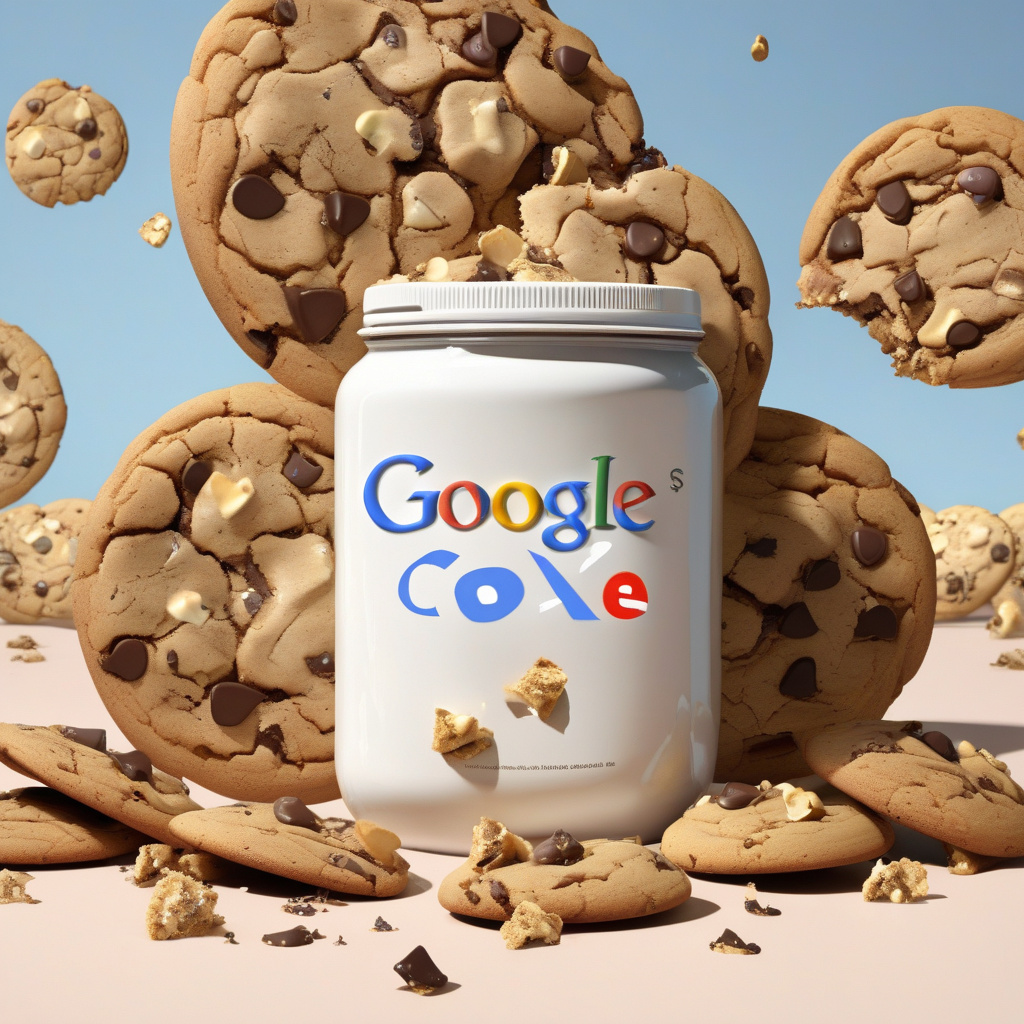Google Abandons the Last Elements of its Cookie Phase-Out Plan
Google’s cookie phase-out is no more, with the last remnants of the initiative being shelved. This move comes as a significant shift in the digital marketing landscape, impacting how businesses track and target consumers online. The tech giant had initially announced its intention to eliminate third-party cookies from its Chrome browser by 2022, citing privacy concerns and the need for a more transparent and user-centric approach to data collection.
However, Google recently revealed that it would not be replacing third-party cookies with alternative identifiers, effectively ending its cookie phase-out plan. This decision has left many marketers and advertisers scrambling to find new ways to reach their target audiences and measure the effectiveness of their campaigns.
So, what does Google’s abandonment of its cookie phase-out plan mean for the future of digital marketing and e-commerce? For starters, businesses will need to rethink their strategies for collecting customer data and delivering personalized experiences. Without third-party cookies, traditional methods of tracking user behavior and preferences will no longer be as effective.
In response to these changes, companies are turning to first-party data collection and investing in technologies such as customer relationship management (CRM) tools and data management platforms (DMPs). By focusing on building direct relationships with customers and obtaining consent for data collection, businesses can create more personalized and targeted marketing campaigns.
Additionally, the demise of third-party cookies presents an opportunity for businesses to prioritize user privacy and data security. With consumers becoming more aware of how their data is being used and shared online, companies that demonstrate a commitment to transparency and data protection can build trust and loyalty with their customers.
Moreover, the shift away from third-party cookies underscores the importance of optimizing conversion rates and improving the overall user experience on e-commerce websites. By leveraging technologies like artificial intelligence and machine learning, businesses can deliver relevant product recommendations, streamline the checkout process, and provide personalized content to site visitors.
Ultimately, Google’s decision to abandon its cookie phase-out plan marks a turning point in the digital marketing industry. As businesses adapt to these changes and embrace new strategies for customer engagement and data collection, the focus will be on delivering value to consumers while respecting their privacy and preferences.
#Google, #CookiePhaseOut, #DigitalMarketing, #Ecommerce, #UserPrivacy
